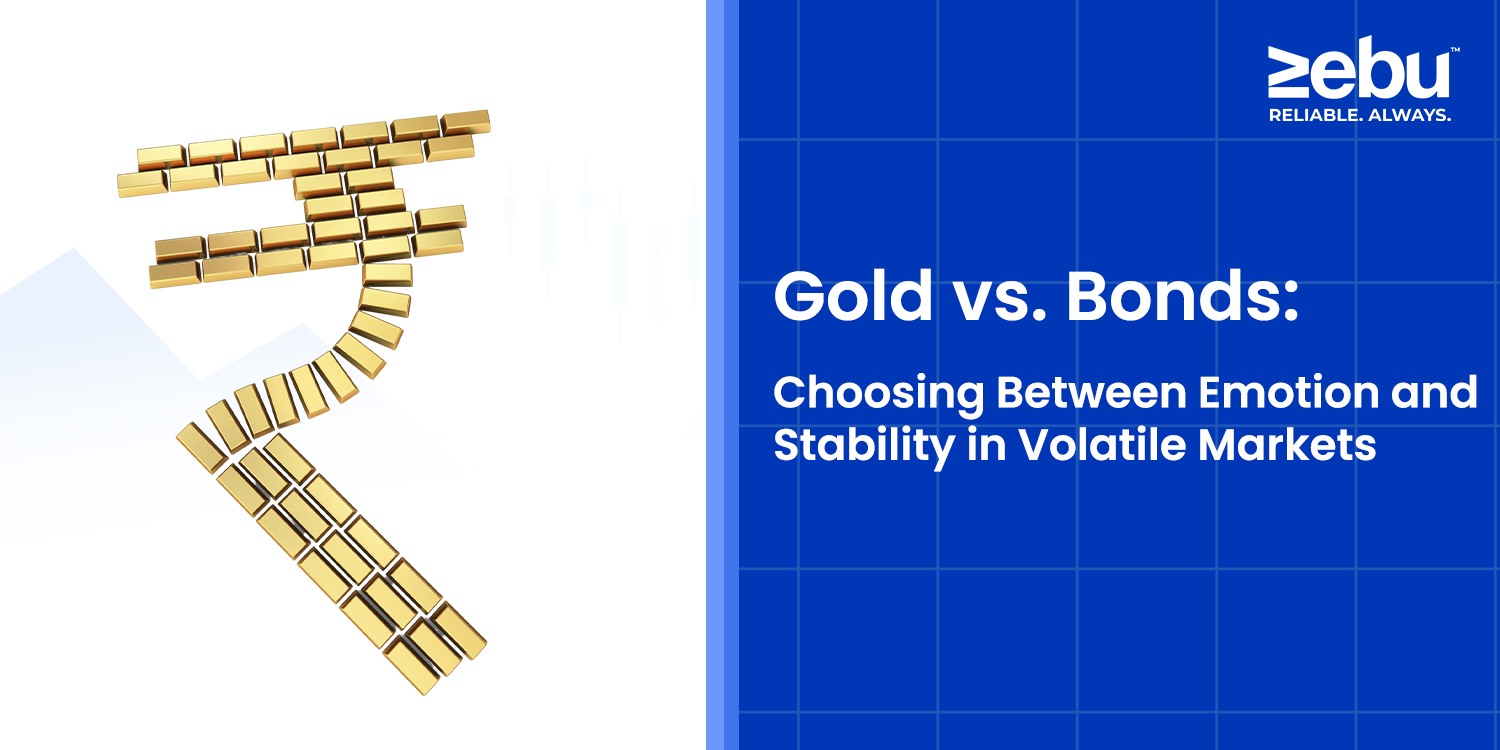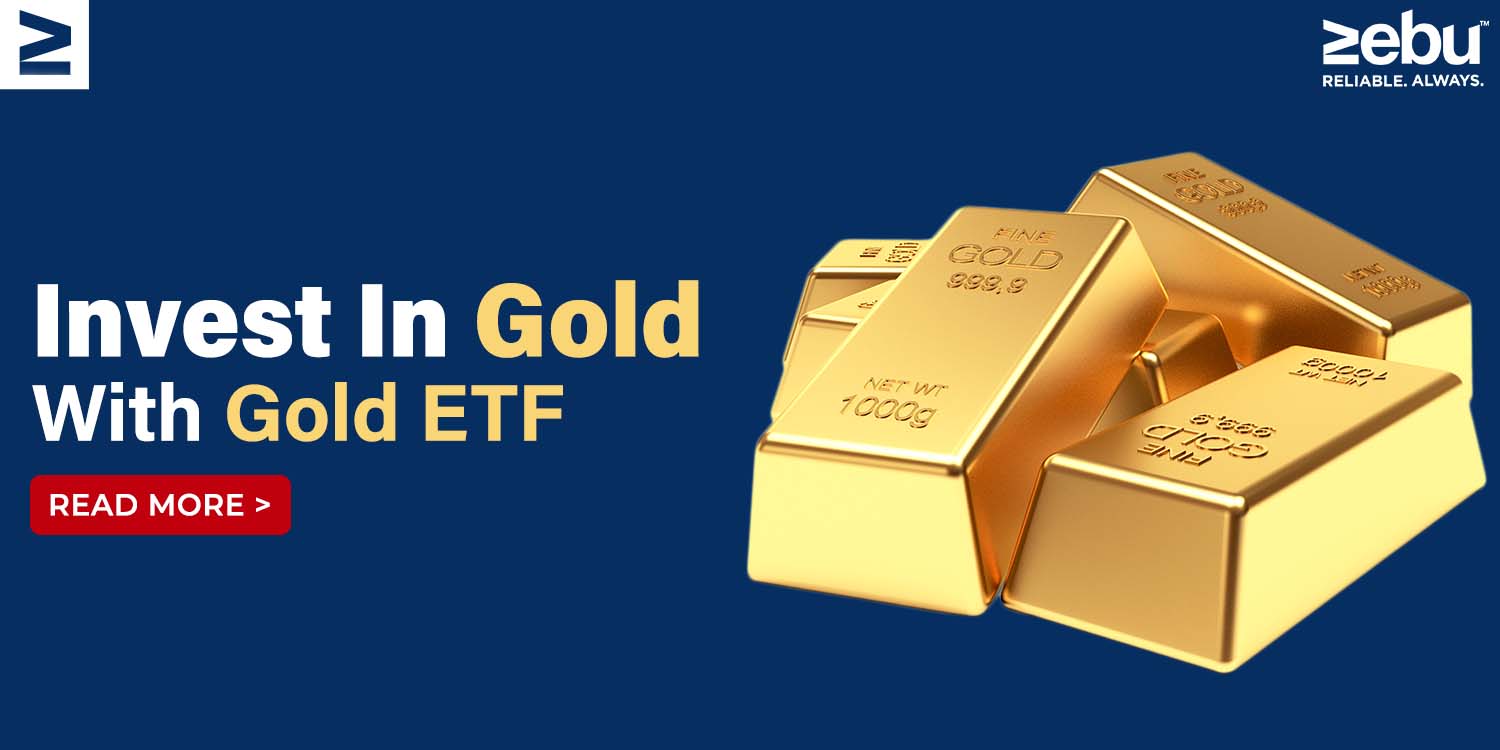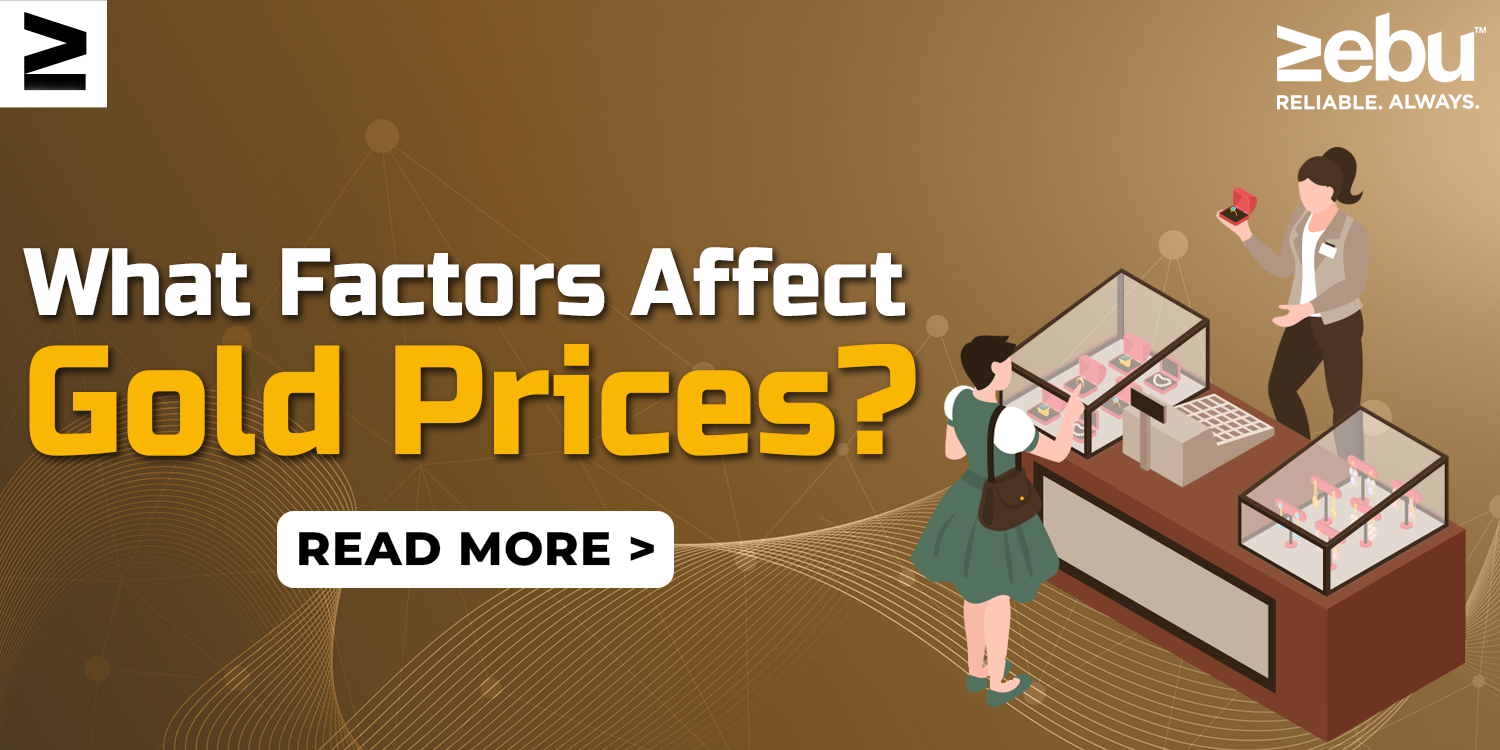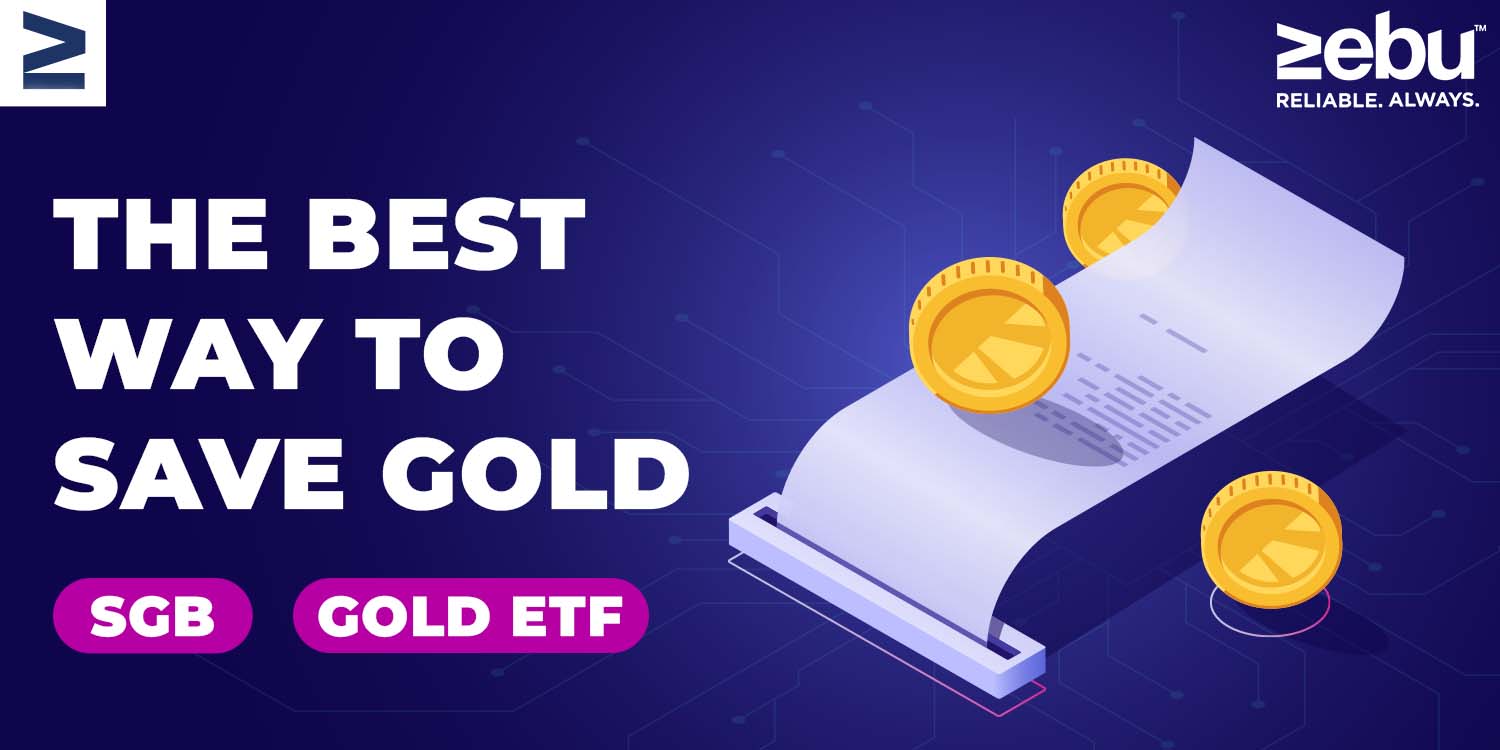
When markets get rocky, investors don’t look for the most “profitable” asset—they look for the one that feels safe. In India, that usually comes down to two familiar names: gold and bonds.
At first glance, they may seem like alternatives. But dig a little deeper, and you’ll realize—they speak to very different instincts. One is emotional. The other, structural. One shines in chaos. The other builds calm. At Zebu, we talk to thousands of investors across the country. And when volatility strikes, the most common question we hear is: “Where should I park my money now?“
Let’s unpack the real difference between these two pillars of Indian investing—and what makes each one powerful in its own right.
Gold: The Emotional Armor
Gold in India isn’t just an asset. It’s woven into culture, rituals, even memories. But there’s more to its financial appeal:
- You can touch and store it. That physical presence brings comfort.
- It’s not tied to governments or institutions. No default risk, no counterparty stress.
- It often rises when markets fall—a psychological hedge when panic sets in.
But it has trade-offs too:
- It doesn’t earn you any interest.
- Costs like GST, making charges, and spreads eat into returns.
- And physical storage has risks of its own.
Still, for many, gold is less about return and more about reassurance.
Bonds: The Blueprint for Stability
Bonds don’t sparkle. But they offer something gold doesn’t—structure.
- Regular interest income
- Defined timelines and maturity
- Predictable cash flow
If gold feels like a safety net, bonds feel like a foundation. Especially when you’re planning for life goals—education, retirement, or just steady income. Of course, bonds aren’t without risk:
- Rising interest rates reduce bond prices.
- Some carry credit risk—especially corporate ones.
- And they can underperform inflation if held short-term.
But used smartly, bonds can stabilize a portfolio like little else.
So Which One Wins?
That depends on what you value.
- If you want to guard against uncertainty and inflation—gold has your back.
- If you’re building a plan around cash flow and capital preservation—bonds are your ally.
- If you want both emotional comfort and logical structure? Use both.
Many of our users at Zebu layer them. Bonds form the ground. Gold gives the cushion. They’re not rivals. They’re teammates.
Use Tools, Not Gut Alone
Modern investing platforms—ours included—offer tools to help you decide.
- Risk profiling
- Asset simulators
- SIP planning in Gold ETFs and Bond Funds
- Diversification models
These aren’t just for advanced traders. They’re built so anyone can invest with clarity—not guesswork.
Final Word: Safety Is Personal
For some, safety looks like a locker of gold coins. For others, it’s a bond ladder maturing every year. For you, it might be both.
Whatever you choose, make sure it suits your life, not just the markets.
Because in the end, your peace of mind is the real return.
Disclaimer
This blog does not provide investment advice; it is merely meant to be informative. Zebu disclaims all liability for financial decisions based on this content and makes no guarantees regarding accuracy or returns. A certified financial advisor should always be consulted before making an investment.
FAQs
- Is it better to invest in gold or bonds?
Gold vs gold bond depends on your goals. Physical gold offers liquidity and hedge against inflation, while bonds provide regular interest and more predictable returns.
- What are the risks of investing in bonds?
Bonds, including sovereign gold bond vs digital gold options, carry risks like interest rate changes, credit risk, and inflation eroding returns.
- What are the disadvantages of buying gold bonds?
Gold bonds may have lower liquidity than physical gold and limited flexibility if you need quick cash.
- Can I invest in both gold and bonds for better returns?
Yes, combining gold and bonds can balance risk and returns while diversifying your portfolio.
- Which is safer for my savings, gold or bonds?
Bonds are generally safer for stable returns, while gold protects against inflation but can be volatile in price.


